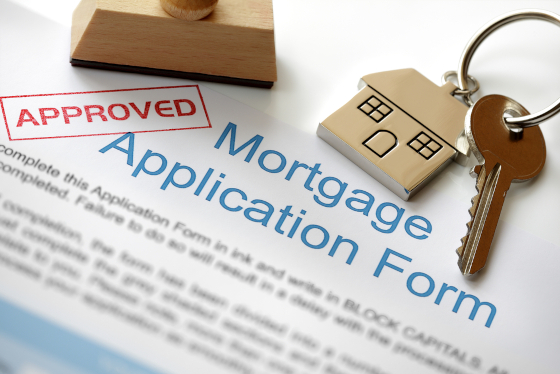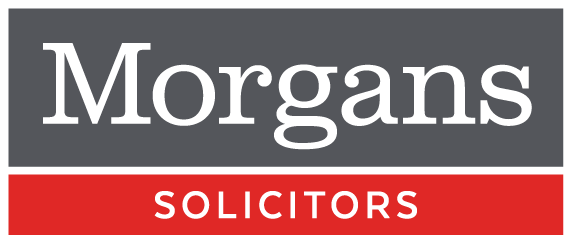
Prior to the financial meltdown of 2008, which had a significant impact on global economies, 100% mortgages were common. The availability of such high loan-to-value mortgages became non-existent because of the crisis. Though 100% mortgages have made a resurgence, until recently they needed a guarantor to vouch for the borrower’s loan obligations in case of a default. However, Skipton Building Society has introduced a 100% mortgage that does not require a guarantor. This type of loan is accessible to individuals with a positive credit history and at least a year’s history of paying rent on time. As with any mortgage, standard affordability checks apply.
What’s the upside of a 100% mortgage?
For potential homeowners, one of the biggest hurdles is accumulating the funds for a deposit. This can be particularly challenging for people renting properties, where high rental costs make saving difficult. Furthermore, in various regions of the UK, renting can be costlier than buying. Thus, purchasing a home with a 100% mortgage can decrease your monthly outlay.
A 100% mortgage can be a steppingstone for those who can’t afford a deposit, allowing them to own a property that will probably increase in value over time. As the mortgage balance declines and the property’s value rises, homeowners can build up equity that can be used for a future property purchase.
Eliminating the need for a guarantor simplifies the buying process. A guarantor would have to consider the significant risk to their assets if the borrower fails to repay, making the no-guarantor option from Skipton Building Society an attractive proposition.
What’s the downside of a 100% mortgage?
While first-time homebuyers can benefit significantly from full financing home loans, there are inherent risks. Obtaining Skipton Building Society’s 100% mortgage is not entirely effortless. The borrower must have a record of paying rent punctually and in full for at least a year and have a good credit score. Once these conditions are met, standard mortgage checks, including affordability assessments, will be conducted.
It’s important to note that 100% mortgages come with a higher interest rate. This implies that compared to borrowers with a deposit, those opting for a 100% mortgage will end up paying more. If interest rates rise, the loan could become unaffordable, a risk that’s not exclusive to 100% mortgage holders.
Since there is no equity in the house at the time of purchase, any default on mortgage repayments can lead to a negative equity scenario – owing more on the mortgage than the home is worth. It’s crucial to keep open communication with your mortgage provider if you’re unable to meet your repayments. Avoiding the issue won’t help; most lenders will try their best to assist you.
Another potential issue is a drop in the property market. If this happens, you may find yourself stuck in a house that’s worth less than the outstanding loan. However, as property markets tend to rise in the long run, such situations usually resolve themselves given time and patience.
Where can I seek advice on this?
Our team of experienced solicitors can assist with various aspects of buying or selling a house. We don’t offer financial advice, but we do recommend speaking with your financial advisor about mortgages. If needed, we can direct you to one of our trusted partners for an in-depth discussion of your needs.
Feel free to contact us to discuss any aspect of property transactions.

